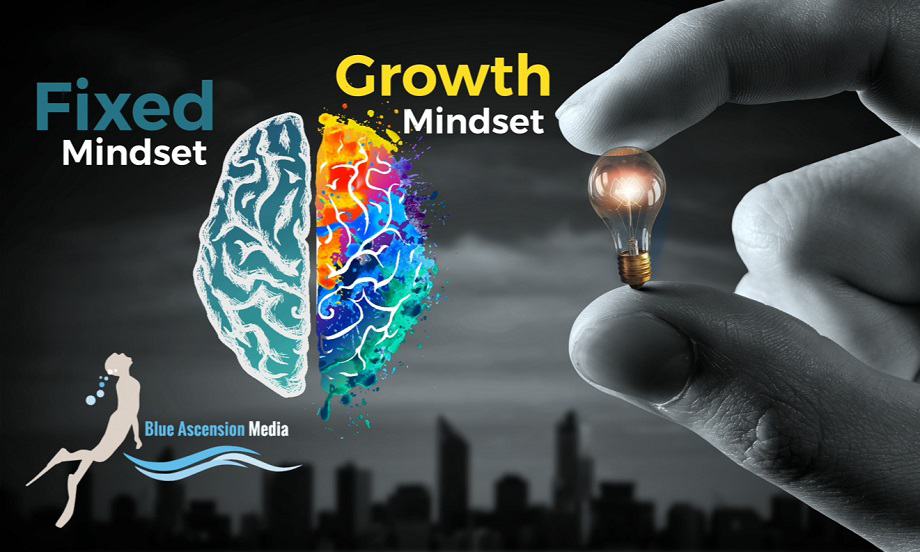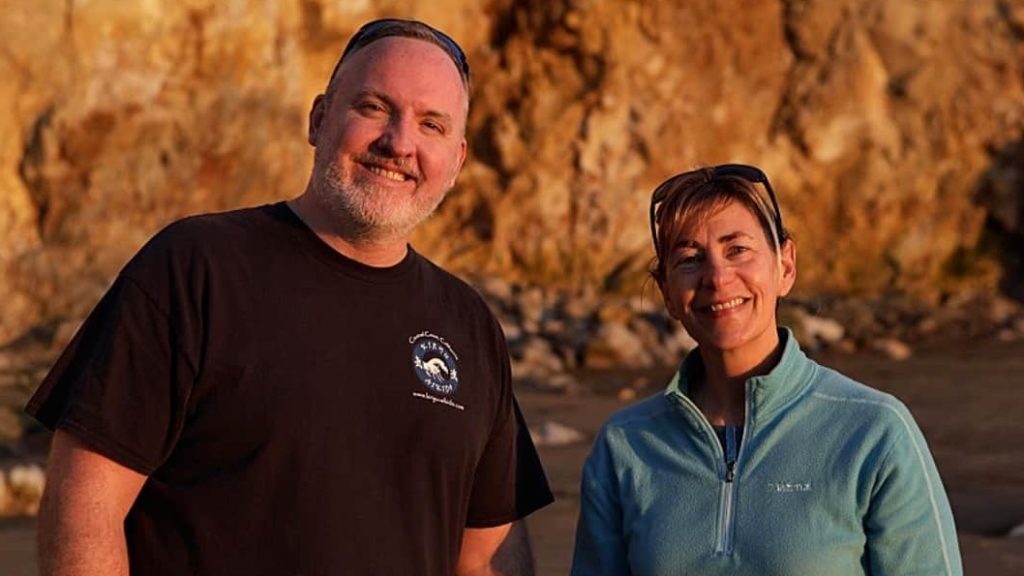Stanford professor Dr. Carol S. Dweck discovered two primary mindsets – fixed and growth – and each one has a big influence on how we approach learning, challenges, and long-term success. The good news: intelligence can be grown through challenging our brains, just like our muscles get stronger with exercise.
Read on to explore more about each mindset – and find which one is your current default – plus the benefits of growing toward a growth mindset.
Ready for a pop quiz?
True/False: Success – in college, running a business, and life – comes from the natural (and unchangeable) abilities that we’re born with.
True/False: Success comes from effort – the willingness to try, to learn, and to build our brain like any muscle, through continued exercise and increasing intensity over time.
True/False: Our basic framework of looking at the world – our mindset – affects our overall success in multiple areas.
Let’s find out the answers.
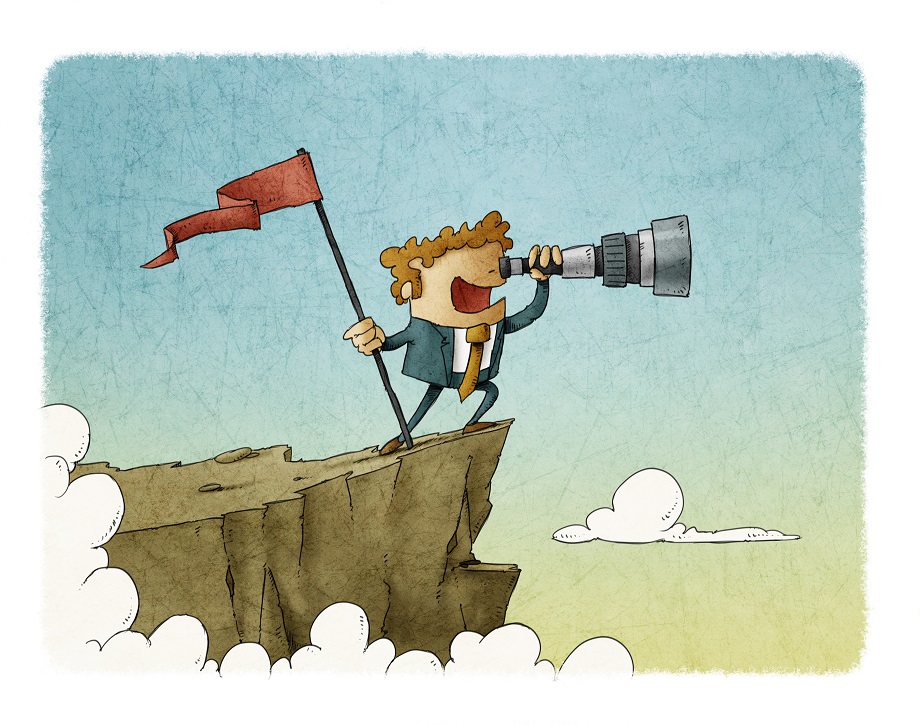

Mindsets: A Little Background
Dr. Carol S. Dweck, professor at Stanford University, first introduced the idea of mindsets and how they relate to learning. Her 2006 book, “Mindset: The New Psychology of Success,” gathered and expanded the early studies. Since then, the ideas have been applied in classrooms and businesses around the world.
Through her research, Dr. Dweck discovered that mindset affects how a student views failure and success, and it can also influence everything from school and learning to career and life as well.
As Dr. Dweck describes, the way we all approach learning (and the results we see) comes from two mindsets: Fixed or Growth.
What Do Fixed and Growth Mindsets Look Like?
A fixed mindset has these characteristics:
- innate abilities are static
- intelligence and talents are fixed and people aren’t capable of learning or growing beyond what they’re born with
- a person can learn new things, but they can’t really change how intelligent they are
- people are what they are, and there’s not much you can do to change that
- the important parts of a person can’t really be changed
A growth mindset has these characteristics:
- innate abilities can grow because a person’s brain grows the more they use it
- intelligence and talents can be developed, no matter where a person starts from
- a person is in control of their learning through how much effort they put in
- a person can substantially change how intelligent they are
- a person can change many things about themselves
What Do Fixed or Growth Mindsets Sound Like?
Here are some common self-talk phrases for each mindset, from the perspectives of both young people and adults.
Fixed Mindset and Growth Mindset Language Examples
| Fixed Mindset | Growth Mindset |
|---|---|
| I’m not a math person. | Math was really confusing at first, but I’ve studied hard all year and I understand it a lot better now. |
| Writing is really hard for me. I’m just not good at it. | When I practiced writing every day, it got easier for me. Now, I’m doing much better and it’s even fun. |
| I can’t figure this out. | I’ll find someone who understands this topic and ask for feedback. |
| I’ve always been great at this, so I don’t need to practice. | I’m grateful for my natural abilities, and I can become even better when I practice and continue to challenge myself. |
| I’m too old for this. | I may be the oldest person in my class, but I’ll be two years older anyway when I finish my program, so why not do it. |
| I got a C- on the midterm. I might as well quit the class now. | I have the rest of the term to pull up my grade. I’ll talk to my professor about doing extra credit. |
| I’m smarter than everyone else, and this class is boring. | I’ve never needed to study to get good grades. But let’s see what happens when I apply myself or help others learn this topic. |
| I don’t want to look dumb, so I don’t participate in class discussions. | Sharing my ideas with my peers helps me clarify my position and include different perspectives I may not have considered. |
| All I need to do is cram and memorize this information to pass the test. I’ll never need it again, anyway. | Even though I may not need this information in my career, I’ll do my best to learn about this topic as an opportunity to grow. |
| I already know what works for me, so I’m not interested in trying another approach. | I’ve had good success with the way I do things, but maybe I could have even more success if I tried a new approach. |
Do you recognize yourself more in one mindset group than the other? It’s likely we all have both fixed and growth mindset traits. The valuable piece here is recognizing your stronger tendency.
How Your Mindset Affects Your Life Experiences and Learning
Whether it’s as a student or in your first jobs or starting a new business, your mindset has a lot to do with how a challenging experience affects you.
A growth mindset can help you rebound from experiences that don’t go as well as you’d like, and use the feedback from the “failure” to improve. This continued improvement fuels more encouragement to finish your goal.
A fixed mindset can derail your efforts as well as your confidence and eventual completion. For example, getting a low grade on one exam, a poor performance evaluation, or losing a big contract can make you want to quit. Perhaps you’re embarrassed, scared, or overwhelmed and start believing that you’re just not good enough and there’s no point in continuing to try.

Can You Change Your Mindset?
Yes! As Dr. Dweck explains, just like our brain’s ability to grow, our mindset can change with awareness and the willingness to practice.
Here are her four steps from the book “Mindset” for changing from fixed to growth mindset.
- (Step 1) Embrace your fixed mindset. We all have pieces of growth and fixed mindsets, and the amounts can vary from day to day or as a result of what’s happening in life.
- (Step 2) Become aware of your fixed mindset triggers. As examples, would one of these events cause you to flip to the fixed mindset?
- Considering taking on a big, new challenge might trigger: “You don’t have what it takes and now everyone will see it.”
- Struggling with something and hitting dead ends might trigger: “Give it up. Do something easy. This is just making you feel frustrated and inadequate.”
- Failing in a public way might trigger: “You’re not the person you thought you were, and you never will be.”
- (Step 3) Now that you’ve discovered your triggers and what they look and feel like, envision your fixed mindset as a persona. Next, name your persona. Yes, give that I’m-not-good-enough emotion an actual name! For example:
- Georgette: believes in super-human talent and zero imperfections, so one mistake will mean all hope is lost for any future success.
- Robert: wants to protect you from harm and danger, so he shows up when you’re stepping out of your comfort zone, receiving negative feedback, or experiencing a setback, or even trying something new that’s exciting.
- (Step 4) Teach your persona that you’ve got a plan and show through your actions. Invite your fixed mindset persona to come along in your daily activities so you can teach it that challenges, setbacks, and struggles aren’t the end of the world, after all. In fact, they’re catalysts for growth.
Setting Yourself Up for Success -- In Business and Life
You can apply the ideas of fixed and growth mindsets in all areas of your life.
- During college. As you continue making progress on your college program, be aware that stress or a challenging assignment might trigger the fixed mindset. Sometimes, it might be so strong that you’re tempted to quit. Remind yourself that you control your effort, and by putting in more effort, you’ll likely have a more positive outcome.
- While job-hunting. When you begin applying for positions, the fixed mindset might arise if you don’t get called in for an interview, or if you get an interview but don’t get the job. Remind yourself that with every experience you have in applying and interviewing, you’re getting better at what it takes to land a good job.
- In life. With family and friends, disagreements and differences of opinion may trigger the fixed mindset and lure you into thinking it would be easier to fall back into old patterns. You may hear messages that your path is too much work and there’s no point in finishing. Remember that your vision for your future will take you far, and the effort you’re putting in will be rewarded – if not in the career you seek, then in the increased confidence you gain by working toward your goal.
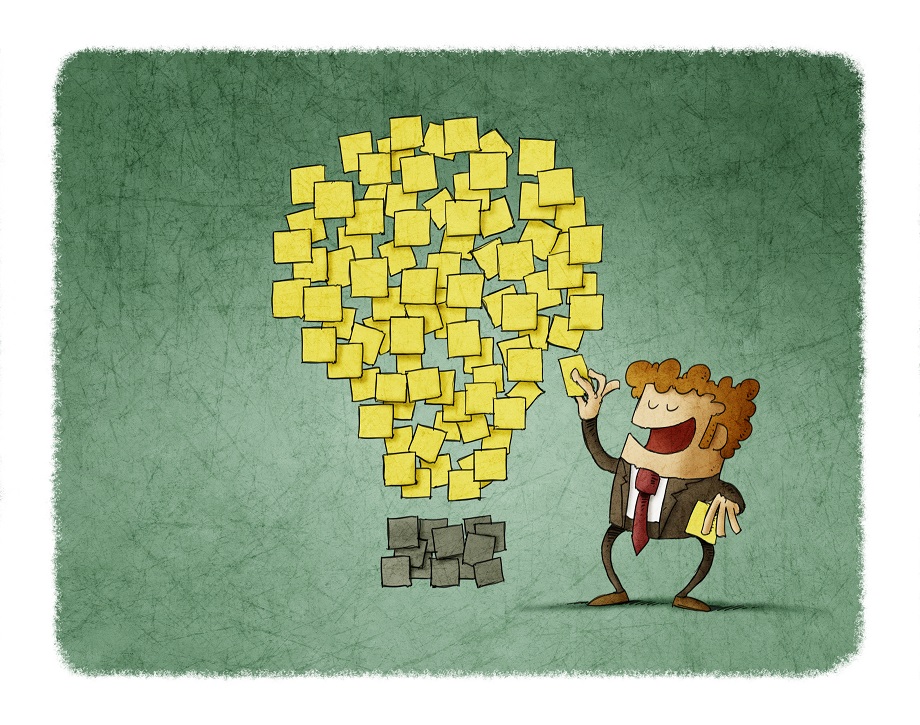
Keep Growing
No matter where you are in your level of success — whether your business is just started or it’s mature and running well — there’s always more to learn. Whether it’s more training in your industry, developing a new skill, or pursuing a new hobby, becoming a lifelong learner can increase your overall enjoyment of life.
This article was originally written for and published by Laurus College, March 6, 2020.
It is republished here with slight revisions for The Blue Ascension audiences.
What’s Next for You?
What did you learn about mindsets that will be helpful as you pursue your goals for your business and your life? Let us know!
Be sure to check out the resources below for more inspiration as you continue to make progress toward your aspirations in life.
Resources
Carol S. Dweck, Ph.D. “Mindset: The New Psychology of Success.” Ballantine Books, 2006; updated edition 2016.
Mindset Works is an organization that fosters growth mindset development by leveraging the pioneering research of Carol Dweck and Lisa Blackwell.
The Mindset Assessment is a free diagnostic tool that identifies current mindset and gives ideas for working toward a growth mindset.
If You’re Open to Growth, You Tend to Grow. New York Times (Feature).
Growth Mindset for Adult Learners. Lift Education, New Zealand.
